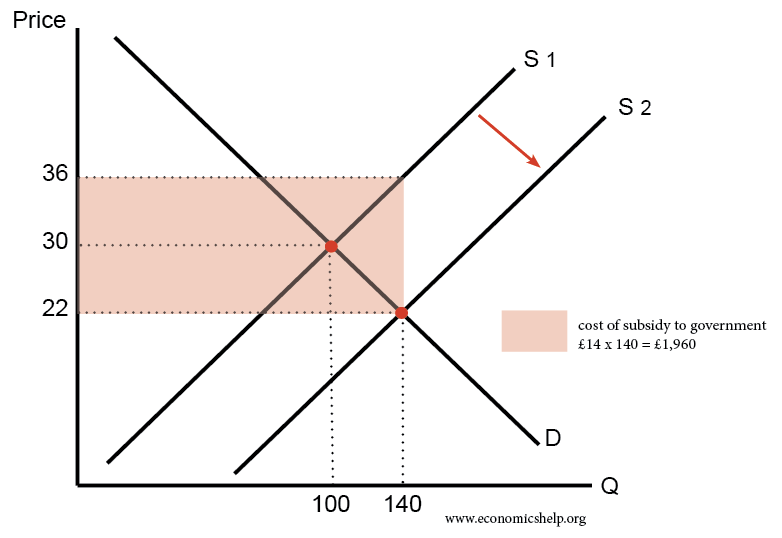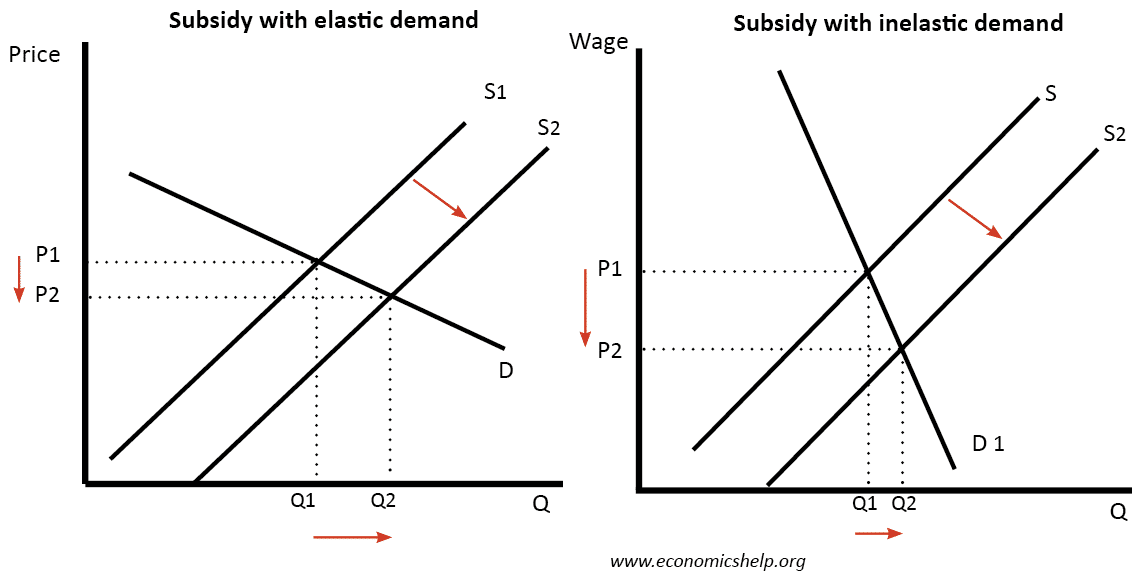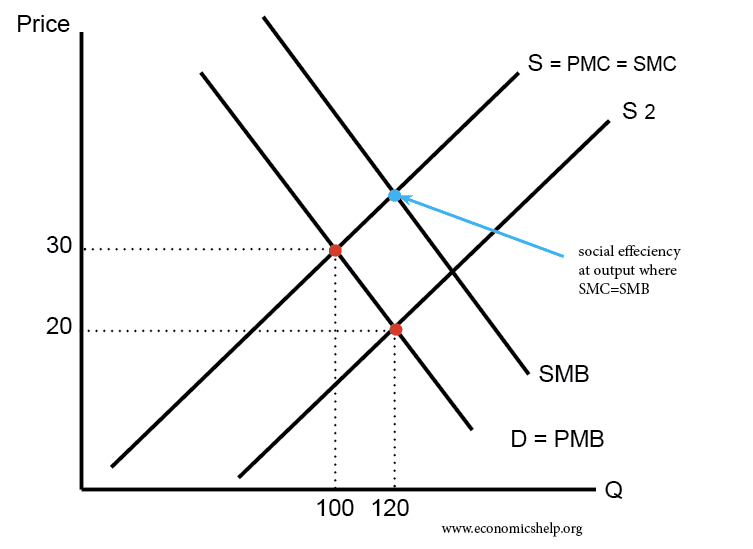- Joined
- Jul 13, 2017
- Messages
- 13,568
- Reaction score
- 8,485
- Gender
- Male
- Political Leaning
- Slightly Liberal
Milton Friedman in 1979: Subsidies of foreign producers that lower prices for Americans are a form of philanthropy, why should we complain?
I don't understand why conservatives complain about China's "unfair" trade policies. Based on conservative economic ideology, it's foolish for a government to subsidize its industries. A country whose government doesn't get involved in subsidizing industries should be more successful than a country that subsidizes. Is that conservative and libertarian orthodoxy?
If America can't compete against "unfair" subsidies that means that subsidies are more effective and that we should do the same.
Complaining about China's unfair trade is admitting that our policies are inferior.
I don't understand why conservatives complain about China's "unfair" trade policies. Based on conservative economic ideology, it's foolish for a government to subsidize its industries. A country whose government doesn't get involved in subsidizing industries should be more successful than a country that subsidizes. Is that conservative and libertarian orthodoxy?
If America can't compete against "unfair" subsidies that means that subsidies are more effective and that we should do the same.
Complaining about China's unfair trade is admitting that our policies are inferior.
When anyone complains about unfair competition, consumers beware. That is really a cry for special privilege, always at the expense of the consumer. What we need in this country is free competition. As consumers buying in an international market, the more unfair the competition the better. That means lower prices and better quality for us. If foreign governments want to use their taxpayers’ money to sell people in the United States goods below cost, why should we complain? Their own taxpayers will complain soon enough, and it will not last for very long.
History provides lots of evidence on what happens when government protected industries compete with industries who have to operate in an open and free market. It’s almost always the government-protected industries that come out second best.
Nothing would promote the long-run health of the steel industry and make it into a more efficient profitable and productive industry than for the US government to keep its hands off, neither providing special privileges, nor imposing special restraints. And what is true for the steel industry is true for every other industry in the country.



